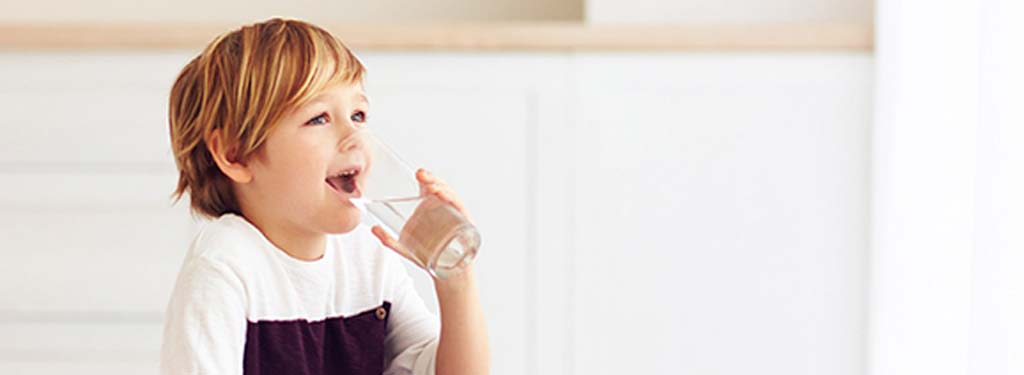More than half of the children who are affected by bedwetting also suffer from constipation. Alina Lynden, Helpline Advisor at ERIC, The Children’s Bowel & Bladder Charity, explains why and how treating constipation can help your child get dry at night.
How does constipation affect the bladder?
It may come as a surprise to discover that the reason your child has started having wetting accidents or is wetting the bed is because they’re constipated.
A bowel that is full of poo presses against the bladder and reduces the space that the bladder has to expand and store wee. As a result, children will feel the need to wee more frequently and do lots of little wees. When the bladder is squashed, it also stops it being able to empty properly and the wee that is left can become infected causing a urinary tract infection (UTI).
How can I tell if my child has a poo problem?
Constipation is a common medical condition that affects around a third of all children. The signs of a poo problem can be easily missed by parents and even healthcare professionals.
How can you tell if your child is constipated and what is a normal poo pattern? By the age of 3, children should be passing soft, sausage shaped, poo between three times a day to four times a week. Ideally, they should be doing at least one soft poo every day. Passing lots of soft poo, doing giant poos, straining and passing hard poo are all signs that a child has become constipated.
What should you do if you think your child is bedwetting due to constipation?
There are lots of clues that hint at constipation, but it often goes undiagnosed leaving families oblivious to the root cause of wetting accidents. A study revealed that for a third of cases where constipation was found to be the underlying cause of the child’s bedwetting, neither the parent nor child realised that the poo problem existed!

For this reason, any child who is having daytime wetting accidents or is wet at night, should always be assessed by a doctor or nurse for underlying constipation. It can take a little while for their bladder to recover and start working properly again after constipation is treated. However, by keeping your child’s poo soft and on the move with a combination of laxatives, plenty of fluids, and a toilet routine, their bladder should settle down and behave normally again over time.
The good news is that in most cases treating the constipation means that the bedwetting improves and even goes away all together for some children.
Tips for parents who suspect constipation could be a problem for their child:
- Take a look at ERIC’s guide to children’s bowel problems to get help recognising the signs of constipation and find out how it should be treated.
- Download ERIC’s Poo diary so you can keep track of your child’s bowel pattern and take this to show the doctor or nurse.
- Make sure your child is having between 6–8 water-based drinks a day. This will help to keep their poo soft and on the move, and help their bladder get used to being stretched.
- Encourage your child to try to go for a poo after their evening meals and before bed. This will help them to empty their bowel before sleep.
Where can I get more information?
For more information about bedwetting visit www.eric.org.uk or www.stopbedwetting.org.
ERIC also provide a confidential helpline service on 0808 169 9949.
By Alina Lynden, Helpline Advisor, ERIC, The Children’s Bowel & Bladder Charity
UK-URO-2000011
Date of preparation: February 2020








